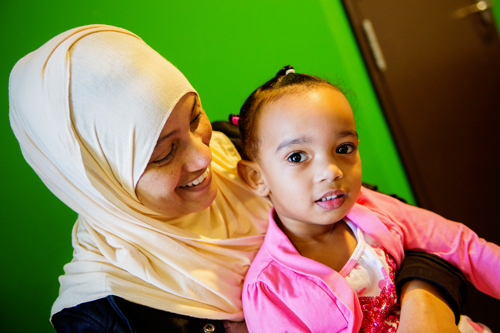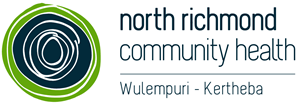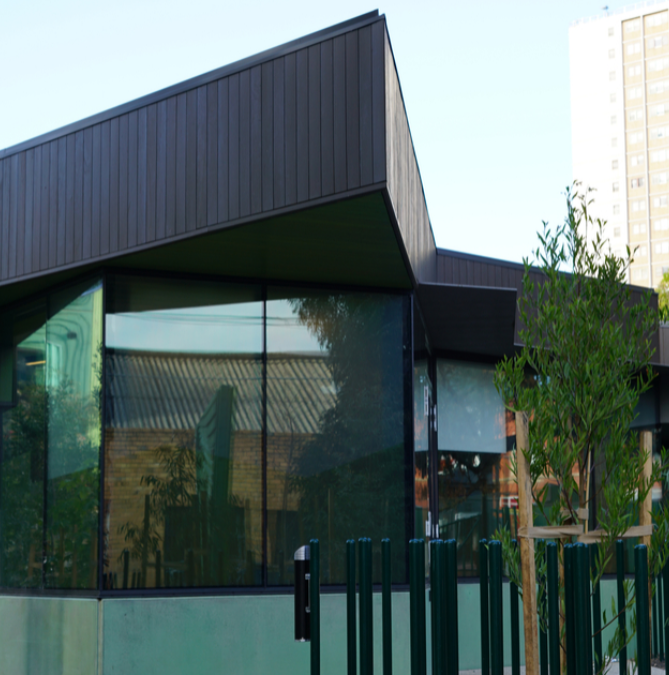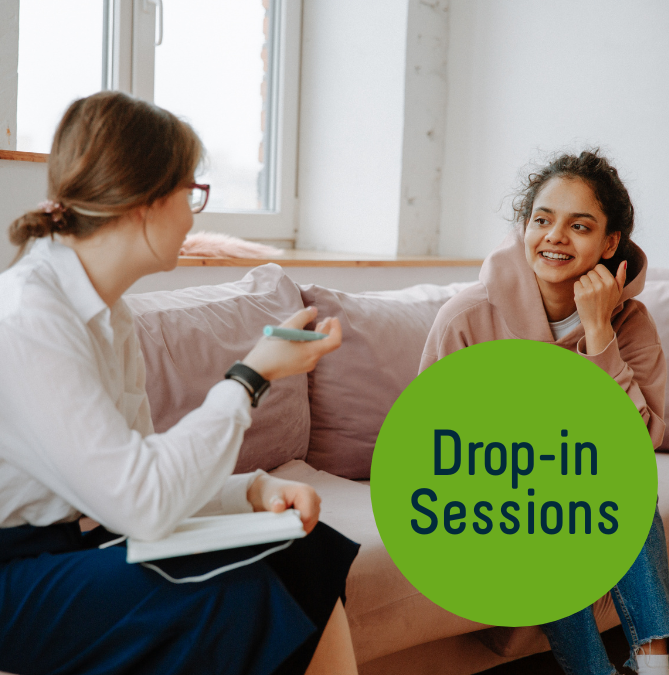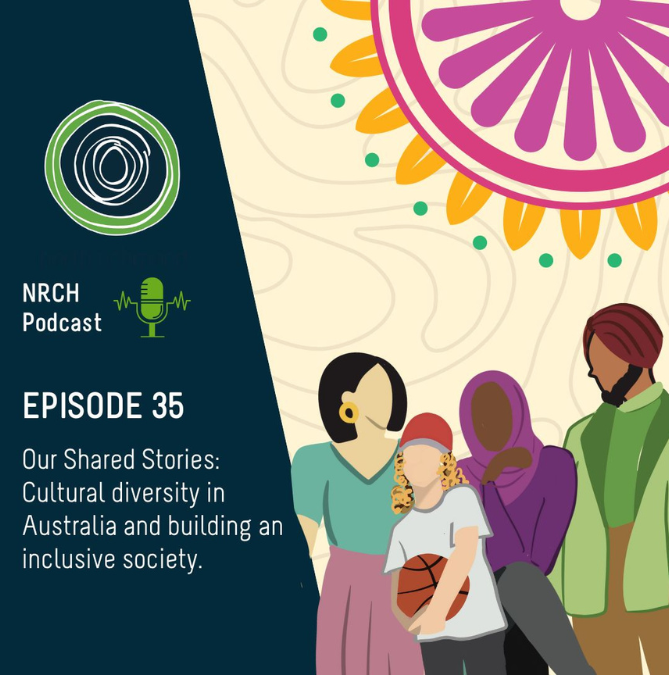The Centre for Culture, Ethnicity and Health (CEH) is celebrating World Refugee Day, today on 20 June. Presently, globally there has never been more refugees and displaced peoples, now exceeding the numbers seen post World War II. While internationally we are witnessing increasing border controls.
Today we celebrate because, in spite of this, refugee communities continue with resilience and fortitude.
“Coming to a new country, to start a new life is not easy for a lot of migrants, there are challenges. Refugees have even more obstacles as often they are not resettling by choice,” Alison Coelho Co-manager of the CEH said today.
A refugee can be defined as a person who is outside their own country and is unable or unwilling to return due to a well-founded fear of being persecuted because of race, religion, nationality, membership of a particular social group or political opinion.
Asylum seekers are those who flee for the same reasons and are yet to be processed. The process of seeking asylum is guaranteed within the UN 1951 Refugee Convention to which Australia is a signatory.
‘’It is even more remarkable that very quickly after arriving here refugees, are amongst the most engaged, hardworking and socially active members of our community.” Alison Coelho said.
CEH, which is part of North Richmond Community Health, works with refugee and migrant communities to improve health and wellbeing in a number of ways. Working with communities directly, through our Multicultural Health & Support Service which focuses on improving health by preventing the spread of blood born viruses. CEH also is a thought leader creating resources to improve connections between the health system and refugee communities and manages health resources that help refugees worldwide, like the Health Translations Directory. CEH also work with organisations directly to improve their cultural competence.
“We are looking forward to spending the day with members of the community discussing migrant and refugee men’s health at our forum in the multi-cultural hub,’ Alison Coelho said.
The forum will be an open discussion with many community leaders, representation from numerous sectors and experts looking at how to have useful conversations about sexual health to avoid harmful labelling. The forum will examine how culture and language can affect our understanding of sexual health. Information presented at the forum will also be available after the event on CEH’s website. Refugee and migrant communities often have poorer health outcomes than community members born locally, often because of language and cultural factors.
‘’Hearing from health experts in this setting, helps ensure the health system is better aligned with refugee and migrant needs, we always get a lot out of it,” Alison Coelho she said.
For Interview or further comment: Matt Loads 03 94189927
